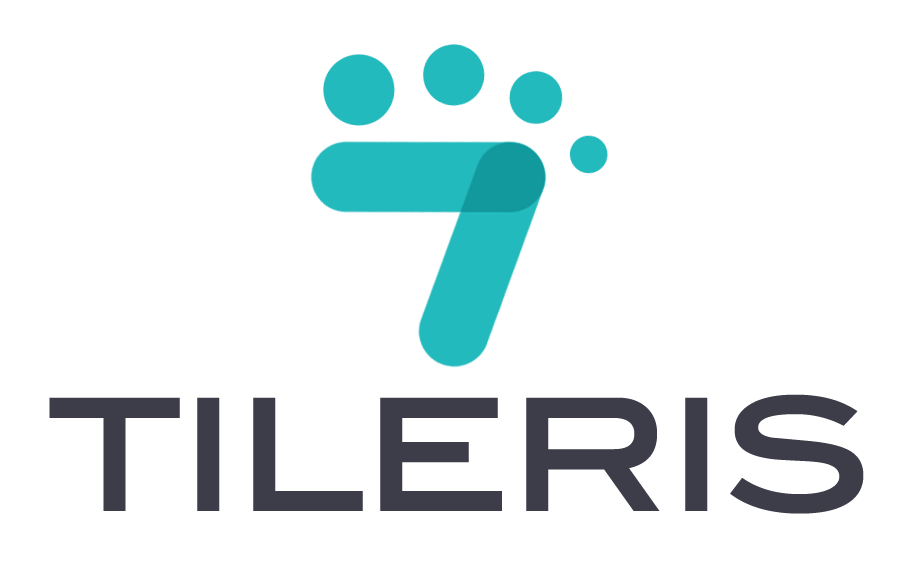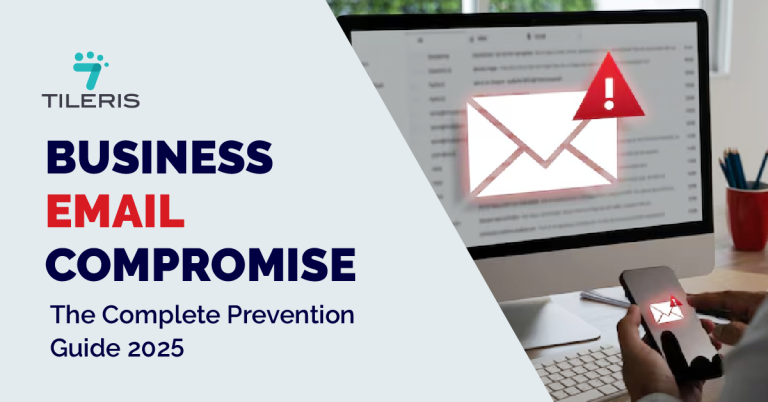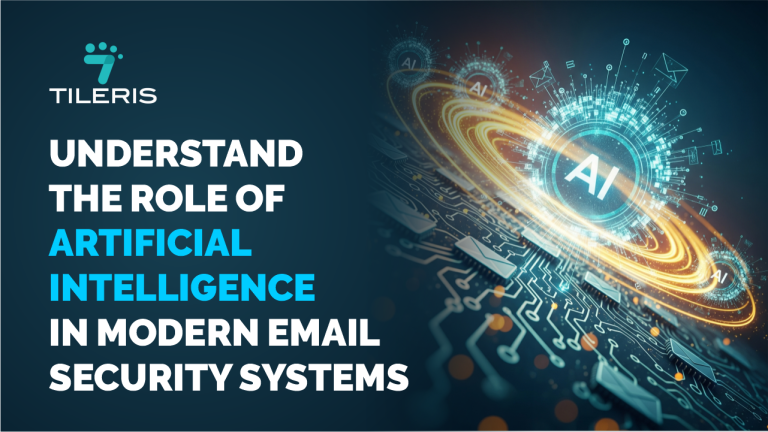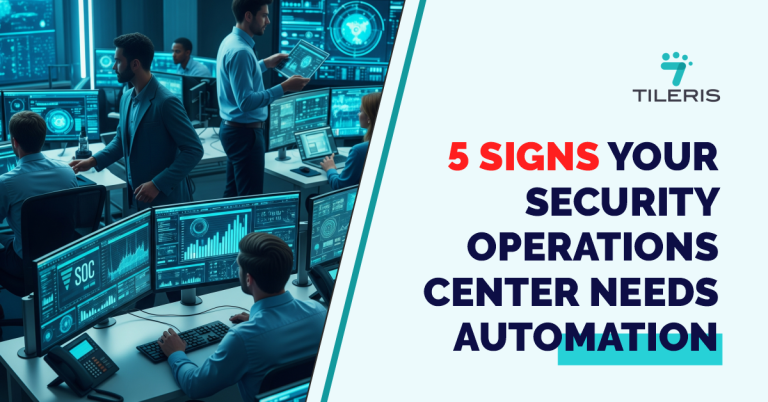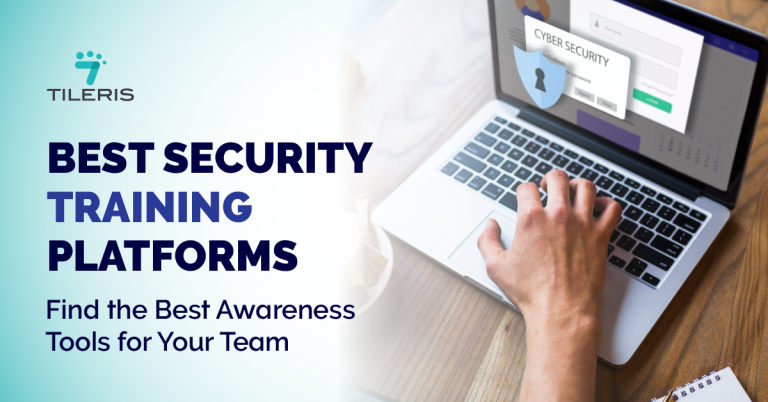The Only Cybersecurity Certifications Worth Getting In 2025
Introduction
The digital world is evolving at lightning speed, and so are the threats that come with it. In 2025, the cybersecurity job market isn’t just booming; it’s a fiercely competitive landscape where talent is in high demand, and expertise is paramount. You might be looking to break in, or perhaps you’re an experienced IT pro aiming to specialize. Either way, you’ve probably faced a dizzying array of cybersecurity certifications, wondering which ones truly matter. It’s easy to get lost in the sea of acronyms and promises.
With so many certifications out there, how do you know which ones will actually boost your career, earn you more money, and get you noticed by top employers? The good news is, you don’t have to navigate this maze alone. This guide is designed to cut through the noise, showing you the best cybersecurity certifications that are genuinely worth your time and investment in 2025. We’ll pinpoint the certifications that offer real value, from foundational skills to advanced specializations.
Entry-Level: Your Gateway to Cybersecurity
Think of these certifications as your foundational building blocks. They demonstrate that you grasp the core concepts of cybersecurity and are ready to contribute to a security team. If you’re looking for an entry level cybersecurity job, these are your go-to certifications.
CompTIA Security+
This is often hailed as the gold standard for anyone starting a cybersecurity career, and for good reason. The CompTIA Security+ is a vendor-neutral certification, meaning the skills you learn are applicable across almost any technology or environment. In 2025, it remains an indispensable credential for a baseline understanding of threats, attacks, and vulnerabilities; technologies and tools; architecture and design; identity and access management; risk management; and cryptography and PKI.
It’s highly respected by employers globally and is often a prerequisite for many government and defense roles. If you’re looking for the best cybersecurity certification that gives you a solid, widely recognized foundation, Security+ is almost always on the list of best cybersecurity certifications.
ISC2 Systems Security Certified Practitioner (SSCP)
While perhaps less universally known than Security+, the ISC2 SSCP is another excellent entry level cybersecurity certification focusing on the operational aspects of security. It’s ideal for those with some hands-on IT experience or those looking to dive directly into security administration. The SSCP validates your ability to implement, monitor, and administer IT infrastructure in accordance with security policies and procedures. Its domains cover access controls, security operations and administration, risk identification, monitoring, and analysis, incident response and recovery, cryptography, network and communications security, and systems and application security.
The SSCP is slightly more technical and hands-on than the Security+, making it a strong complement or alternative depending on your career aspirations and prior experience. It demonstrates practical skills for professionals tasked with keeping systems secure day-to-day.
Mid-Level: Elevating Your Expertise
Once you’ve got some experience under your belt (typically 2-5 years), these certifications signal that you’re ready for more complex roles, strategic decision-making, or specialized technical work. These are among the best cybersecurity certifications for career progression.
Certified Information Systems Security Professional (CISSP)
The CISSP is widely regarded as the “standard” for information security professionals. It’s not just a technical certification; it’s a management-level credential that signifies a deep understanding across a broad range of security domains. To even sit for the exam, you need at least five years of cumulative, paid work experience in two or more of its eight domains, which include security and risk management, asset security, security architecture and engineering, communication and network security, identity and access management (IAM), security assessment and testing, security operations, and software development security. (You can become an Associate of ISC2 if you pass the exam without the experience and gain it later).
Achieving CISSP certification demonstrates comprehensive knowledge and is often a requirement for senior roles like Security Manager, Security Architect, or CISO. It’s truly one of the best cybersecurity certifications for demonstrating leadership and strategic thinking.
Certified Ethical Hacker (CEH)
If your passion lies in understanding how attackers think and proactively finding vulnerabilities, the EC-Council Certified Ethical Hacker (CEH) is a highly popular choice. This certification focuses on offensive security, teaching you the tools and techniques malicious hackers use, but in a legal and ethical manner. It prepares you to identify weaknesses in systems and networks so they can be fixed before they’re exploited. Topics include footprinting and reconnaissance, scanning networks, system hacking, malware threats, social engineering, web application hacking, wireless network hacking, and cloud hacking.
The CEH equips you with practical, hands-on skills to perform penetration testing and vulnerability assessments, making it a strong credential for roles like penetration tester, vulnerability analyst, or ethical hacker. It’s among the best cybersecurity certifications for those leaning towards the “red team” side of cybersecurity.
CompTIA CySA+
Building on the foundational knowledge of Security+, the CompTIA Cybersecurity Analyst (CySA+) is a vendor-neutral certification focused on defensive security. It’s tailored for cybersecurity analysts who apply behavioral analytics to networks to improve the overall state of IT security. In 2025, with the ever-increasing sophistication of threats, the ability to analyze, monitor, and respond to incidents is paramount. CySA+ covers threat and vulnerability management, security operations and monitoring, incident response, and compliance and assessment.
The CompTIA CySA+ is an excellent choice for roles like Security Analyst, SOC Analyst, or Threat Intelligence Analyst, solidifying your security professional credentials in defensive operations.
Specialized/Advanced Levels: Deep Diving into Specific Domains
As you gain more experience, you might find yourself gravitating towards a specific area of cybersecurity. These advanced certifications allow you to demonstrate deep expertise in high-demand niches.
CISSP Concentrations
Once you achieve your foundational CISSP, ISC2 offers specialized CISSP concentrations that allow you to delve deeper into specific architecture, engineering, or management aspects. These include Information Systems Security Architecture Professional (ISSAP) for those designing security architectures, Information Systems Security Engineering Professional (ISSEP) for security engineers focused on technical implementation, and Information Systems Security Management Professional (ISSMP) for managers overseeing security programs.
These concentrations are for highly experienced professionals looking to validate their expertise in very specific, senior-level roles.
Cloud Security Certifications (AWS/Azure Security)
With the massive shift to cloud computing, cloud security expertise is skyrocketing in demand. Companies are desperate for professionals who can secure their data and applications hosted on platforms like Amazon Web Services (AWS) and Microsoft Azure. Key cybersecurity certifications include the AWS Certified Security – Specialty, which validates expertise in securing AWS environments, and the Microsoft Certified: Azure Security Engineer Associate (AZ-500), which focuses on implementing security controls and managing security operations within Azure.
These cloud-specific certifications are among the best cybersecurity certifications for anyone working in cloud-heavy organizations, showcasing critical skills in securing modern infrastructure.
What to Avoid: Don’t Waste Your Time and Money
While certifications can be a powerful tool for career advancement, not all are created equal. In 2025, be wary of certain types of certifications.
First, avoid outdated certifications. The cybersecurity landscape changes rapidly, and a certification that was valuable five years ago might not hold the same weight today. Always research the latest version and its relevance to current industry practices. If a certification hasn’t been updated in several years, it’s a red flag.
Second, be cautious of vendor-specific certifications with limited return on investment. While some vendor-specific certifications are valuable if you work heavily with those products, over-specializing too early can limit your job prospects. Prioritize vendor-neutral certifications first, then add specialized ones as your career path solidifies. A certificate might look impressive on paper, but if it doesn’t open doors or isn’t recognized by employers, it’s not the best cybersecurity certification for your goals. Always consider the cybersecurity training involved and its real-world applicability.
Do your homework: check job descriptions for the roles you aspire to, see which certifications are consistently requested, and research their industry recognition and update cycles.
Conclusion
Navigating the world of cybersecurity certifications in 2025 doesn’t have to be overwhelming. By understanding your current experience level and future career goals, you can strategically choose the credentials that will truly propel your career forward.
Start with the entry-level essentials to build a strong foundation. As you gain practical experience, advance to mid-level must-haves that broaden your expertise. Finally, pursue specialized certifications to become an expert in a niche that excites you. Remember, cybersecurity certifications are powerful tools, but they are most effective when combined with hands-on experience and a relentless commitment to continuous learning.
Ready to take the next step in your cybersecurity journey? Tileris is here to guide you. We offer expert consultation to help you navigate the cybersecurity landscape and choose the right training programs to secure your future in this dynamic and rewarding field. Request a free one today!
